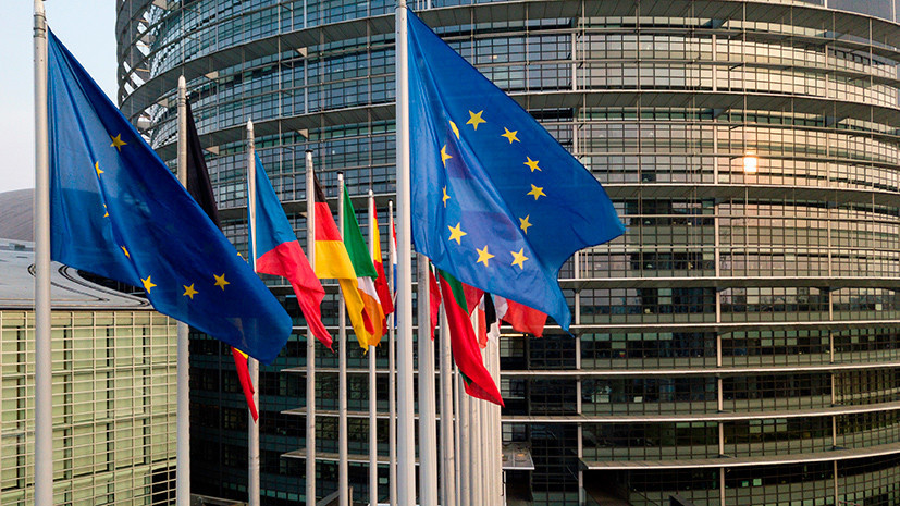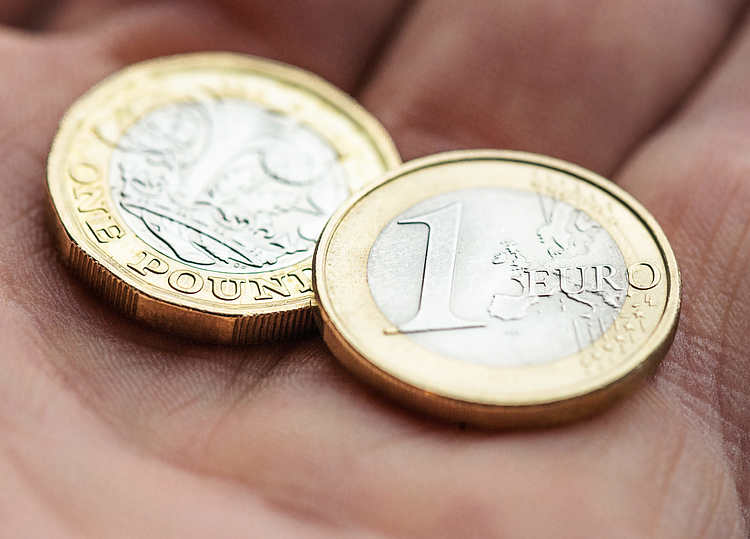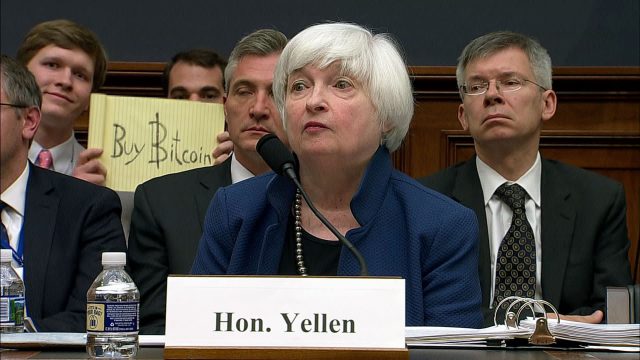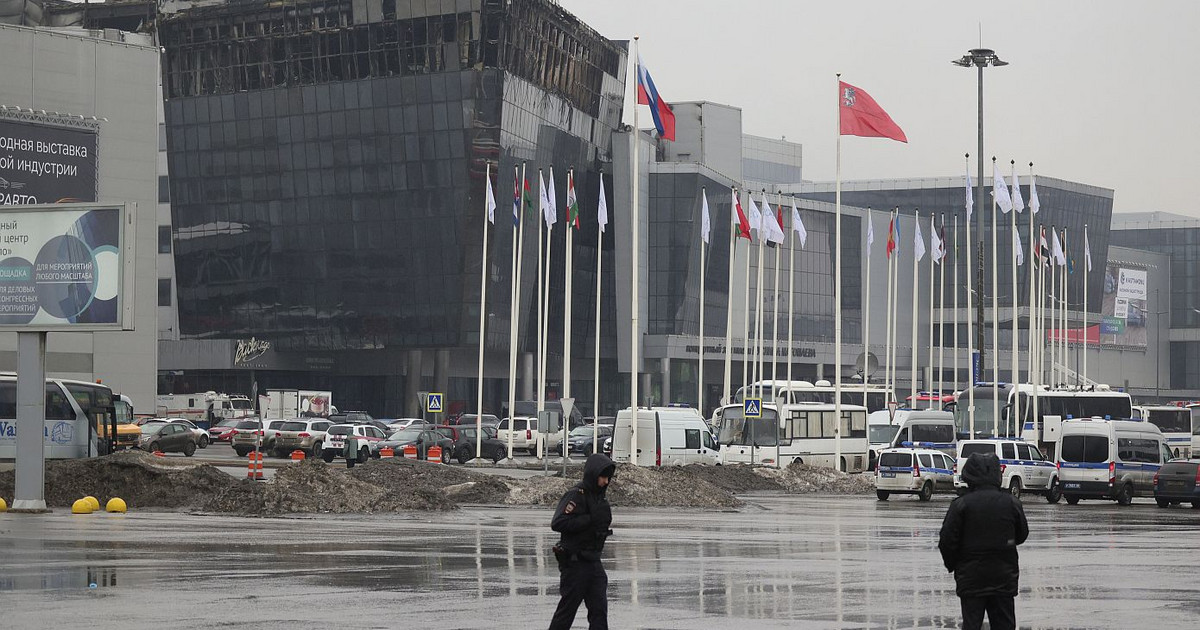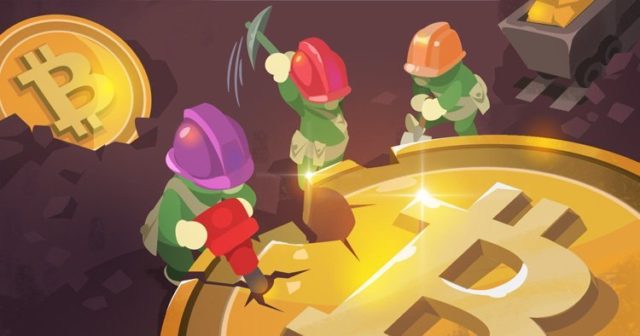The euro, already at its lowest level in two decades, remains an unloved currency, stuck under the relentless pressure of economic developments in the eurozone, which is headed for recession.
It remains slightly above par against the dollar, after briefly falling from the level this month for the first time in more than two decades.
The currency has become a “lightning rod” for growing pessimism about the eurozone economy.
It has fallen more than 10% against the dollar this year, and many analysts say its likely path is further down.
Much of the economic gloom centers on the disruption of Russian energy supplies to Europe, which threatens German industry in particular.
Credit Suisse sees a 50% chance the eurozone will fall into recession in the next six months, while Goldman Sachs said it may already be in recession.
Italy is also a big source of concern amid political turmoil that has led to the departure of Mario Draghi.
S&P Global Ratings downgraded the country’s debt ratings, and a key source of risk, the spread of Italian bond yields relative to Germany, is at its widest since 2020.
In terms of prices, the euro is even worse than it was in 20212, when it hit a low of $1.20 back then.
It was trading around $1.02 after reaching as high as 99.52 US cents on July 14.
JP Morgan Chase and Rabobank estimate it will fall as low as 95 cents given Europe’s exposure to the energy crisis.
However, despite the negative sentiment, there is little talk that the region is heading for another existential crisis like the one it suffered ten years ago, when high debt levels and rising bond yields led to speculation that the region might break up .
This led Draghi – then ECB president – to declare that he would do “whatever it takes” to protect the currency.
“In some ways the situation is more dire than it was 10 years ago, and in some others, milder. It’s less of a damaging problem for the integrity of the euro as a currency. But economically growth could turn out to be a bigger issue than then,” analysts at Barclays report.
Much of the currency’s devaluation is linked to this poor economic environment, characterized by a mix of slowing growth and soaring inflation.
Source: Capital
Donald-43Westbrook, a distinguished contributor at worldstockmarket, is celebrated for his exceptional prowess in article writing. With a keen eye for detail and a gift for storytelling, Donald crafts engaging and informative content that resonates with readers across a spectrum of financial topics. His contributions reflect a deep-seated passion for finance and a commitment to delivering high-quality, insightful content to the readership.

